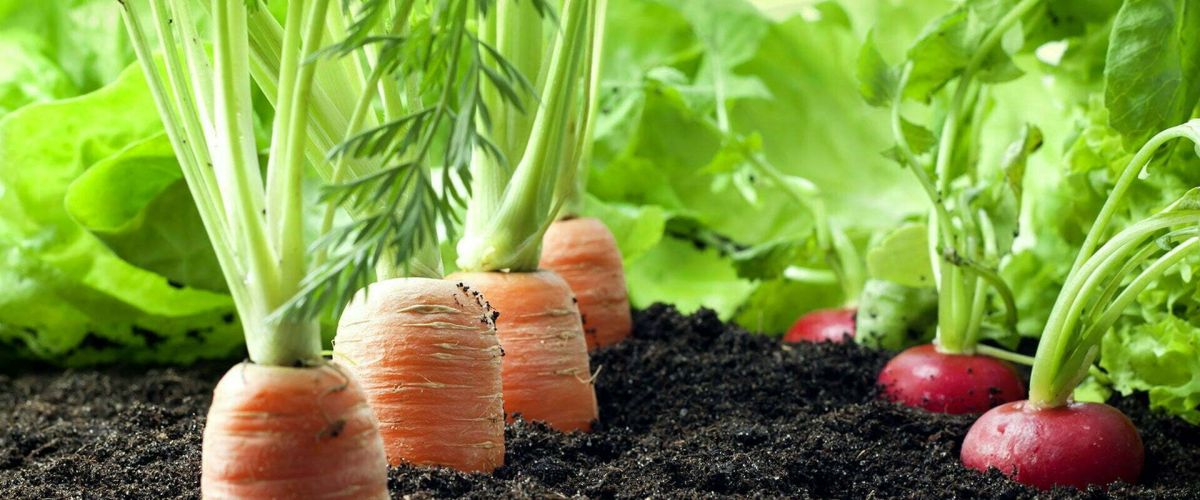Growing tips for the garden

Whether you live in the city or the country, gardening is becoming increasingly popular. It’s a fun and relaxing hobby, but it’s also a way to save money on fruits and vegetables. That are becoming more and more expensive at the grocery store. A garden allows you to have fresh fruits and vegetables all summer long. You can also preserve and enjoy tasty vegetables all winter long. But where do you start?
Cultivation
Exposure
Most fruit and vegetable plants grown in the garden prefer a sunny environment. You should therefore plan to locate your garden or planters in the sunniest spot of your yard or balcony. The sun is at its strongest between 11:00 am and 3:00 pm, so you should place your garden where there is sunlight at these hours. The lack of sunlight reduces the quantity and quality of crops. It also makes plants more vulnerable to insects and diseases.
In pots or in the ground?
More and more people are choosing to grow their gardens in pots or containers. This is very practical and works wonderfully well, especially when space is limited. However, it is important to choose varieties of fruit and vegetable plants that are suitable for this type of culture. Many varieties can be grown in pots (strawberry plants, tomatoes, cucumbers, and many more). In the store, you will find all the necessary information to guide you. In pots, you must be careful about the quantity of plants you put in each one and the size of the plants you choose. Some plants, like tomatoes for example, require a lot of space and water when grown in a pot. Therefore, you should provide one pot per plant and be prepared to water more often for this type of plant.
Soil
If you choose to grow your garden in pots, you should use a light, enriched potting soil that will retain water. You can buy Isabelle Miracle Mix at our store. It contains everything your plants will need and is very light. It will not compact during the season and will retain water so you can water a little less often.
For in-ground cultivation, the basic potting soil for the garden should be composed of one third black soil, one third compost and one third peat moss. A thickness of 30 cm of potting soil is required for surface vegetables and at least 45 cm for underground vegetables (e.g. beets, carrots). A deep garden reduces the frequency of watering needed and allows the plants to develop stronger roots. The Mix 3 soil from Isabelle is ideal for your garden. It is a pre-mixed soil that retains water. It is specially designed for flower beds and vegetable gardens. You won’t have to make your own mix and you will be sure to provide the best for your plants.
Watering
For vegetables and fruits grown in pots, watering is done only as needed. It is important to observe the plants, as some require more frequent watering than others. It is important to be aware of the particularities of each plant.
The same principle applies to plants grown in the ground. Watering should be done only when needed. Watering must be abundant and deep. Water should be allowed to penetrate the soil (the effect of a long rainfall should be reproduced). In the garden, it is better to water less often, but more every time because this favors the growth of the plants and allows them to be stronger.
Fertilization
For potted plants, it is important to choose a good enriched potting soil as mentioned above. Ideally, at least half of the potting soil should be replaced every year to ensure that the plants will have the nutrients they need. Then, it is recommended to use a water-soluble fertilizer every 7 to 10 days. We recommend using a 20-20-20 all-purpose fertilizer and a 20-5-30 flowering fertilizer alternately in early summer. Thereafter, only the 20-5-30 is recommended until the arrival of cold weather. The 20-5-30 promotes flowering and fruiting.
For soil-grown plants, adding compost each year is essential. A rich compost such as shrimp compost or manure should be favored. A water-soluble fertilizer can be used every 2-3 weeks. Again, we recommend using a 20-20-20 all-purpose fertilizer and a 20-5-30 bloom fertilizer alternately in early summer. Thereafter, only the 20-5-30 is recommended until the arrival of cold weather. The 20-5-30 promotes flowering and fruiting.
Tomato plants have a particularity. Has your tomato ever turned black? Tomato plants need a lot of calcium. In order to prevent them from turning black, they must be fertilized with a calcium-enriched fertilizer every 2 to 3 weeks during the summer. It is possible to alternate this fertilizer with 20-5-30 to obtain the best results.
See our fertilizer information section for more information on the fertilizers available at our store.
